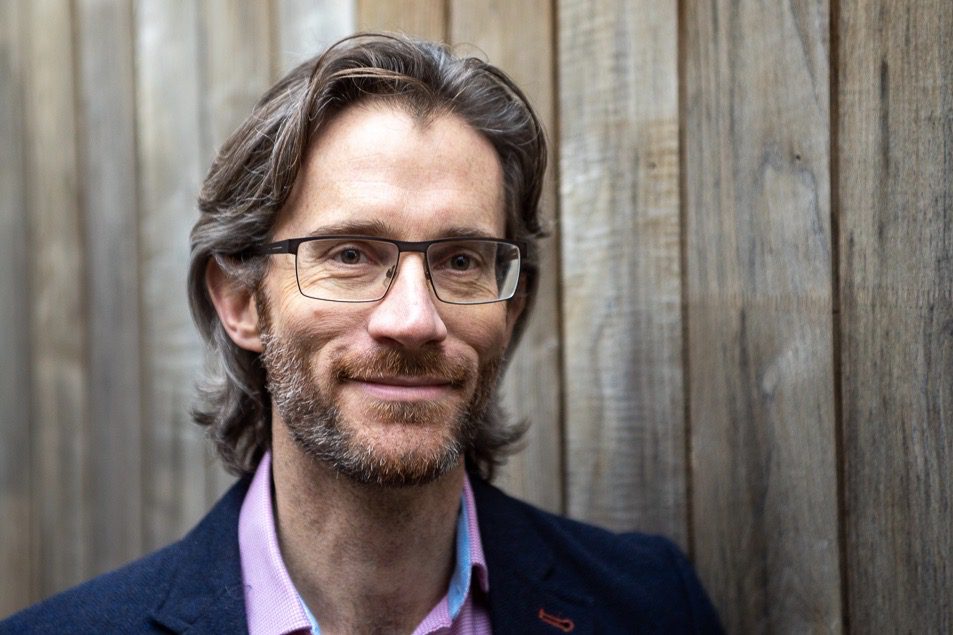Quorbit might be a start-up but it is already working with some key names in UK retail and hospitality like Costa, John Lewis and WH-Smith.
Co-founded by workforce management expert, Matt Brown, Quorbit builds tailored operating models to help companies plan their resource allocation and investment more accurately.
“To date companies have used top-down budget allocations and HR decision-making to forecast staffing costs. Quorbit works from the bottom up by creating long-term strategic labour plans based on future customer demand and operational reality.”
“We want to remove the dark art of workload budgeting so that decision making is data driven,” says Matt.
The company was originally set up as a niche consultancy business called Brown et al. It was out of this work that Matt and his partners developed the modelling tool to help with workforce management, distribution logistics and long-term planning. A spin off company – Quorbit – was created in 2017 to develop the software business. They had a soft launch in 2019 and the company has now morphed into AI to optimise the recommendations that come out of their modelling – like capacity planning, optimising contract mix, and balancing supply with fluctuating demand. Last year was spent piloting the cloud-based solution with existing consultancy clients and on boarding their first international client onto the platform.
It has helped their clients Costa understand how many hours their stores need to run and more recently, how to operate post-covid; John Lewis to revolutionise the way they allocate “resource to shops”; and WH Smith to become “more agile”. For all three companies, it’s given them the ability to understand and quantify the impact of new initiatives – or “what if” scenarios – on their business.
And the results – 65% improvement in efficiencies, over 4800 sites planned using Quorbit models and over £2bn in annual wage budgets managed. That’s a pretty good track record for a start-up!
The business is currently self-funded and generates income from subscriptions to the modelling tool as well as their expert consultancy service. “COVID-19 has been challenging for us, says Matt, “as we’ve had to put a hold on the consultancy side of things but it has given us the time to focus on building new features, such as AI, into the product and really get the business off the ground.”
And the name? Quorbit is a term borrowed from quantum physics that aims to describe or measure mechanical orbit or Quorbit which is, apparently, elusive. The idea is the Quorbit modelling tool will “deliver the impossible” says Matt.
Their challenges for 2021 are to build on the business foundations, develop their partnerships and secure funding to support their growth strategy, which they hope will come through a mix of grants and external investors. In the longer term, they aim to support businesses across the globe from an innovative R&D hub.
Although the team is international, three of the partners work close to Oxford so the Barclays Eagle Lab at the Wood Centre for Innovation will be “an ideal location post lockdown and of course, a lovely place to be” says Matt.
For more information on Quorbit, see here.
For further information on Barclays Eagle Lab, see here or email eaglelabatwcfi@barclays.com and the Wood Centre for Innovation, you can find detailed information here.




